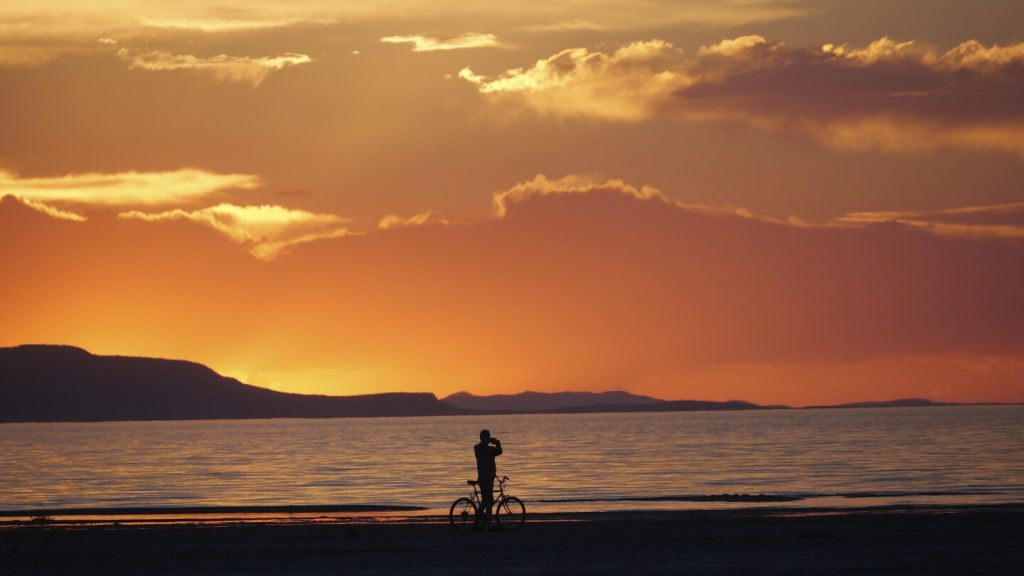A heat wave is expected to hit much of the U.S., with dangerously hot temperatures forecasted for the Midwest and Northeast next week. Health officials are urging people to make plans now to stay safe as the heat wave follows an earlier one in the Southwest last week, where cities like Phoenix experienced triple-digit temperatures and 645 heat-related deaths last year. Last year had the most heat waves in the U.S. since 1936, with the South and Southwest experiencing the worst on record, according to the National Oceanic and Atmospheric Administration.
The next heat wave is set to ramp up on Sunday in the central U.S. before spreading eastward, with some areas likely to see extreme heat reaching daily records. The heat wave could last all week and into the weekend in many places. Areas from eastern Kansas to Maine will experience extreme heat, with temperatures in the mid- to high-90s in many areas. The Ohio Valley and Northeast could see temperatures feel as hot as 105 degrees Fahrenheit due to the dew point, according to the National Weather Service.
The Detroit metro area is expecting its worst heat wave in 20 years or more, with temperatures in the mid-90s and heat indices around 100 F starting Monday. There is a chance the area could see its first 100-degree day since July 2012. While nighttime temperatures will provide some relief by dipping into the 70s, the duration of the heat can have a cumulative and potentially dangerous effect on the body. Health officials are warning of the dangers of heat-related illnesses such as heat exhaustion and heat stroke, which can be deadly if not recognized and treated early.
To stay safe during the heat wave, experts advise staying indoors in an air-conditioned space and limiting outdoor activities. Those without air conditioning should find out if their community will open cooling centers. Other safety tips include drinking plenty of water, wearing lightweight clothing, checking on friends and relatives without air conditioning, and limiting outdoor activities to the morning when temperatures are cooler. Communities can also prepare by opening cooling centers in places like schools and libraries and distributing fans to vulnerable populations.
Businesses with outdoor workers are adjusting their schedules to avoid the worst of the heat, starting earlier in the day to minimize physical exertion during the peak of the heat. Health officials stress the importance of recognizing symptoms of heat-related illnesses such as muscle cramps, fatigue, and confusion, and seeking medical help if necessary. The Centers for Disease Control and Prevention advise calling 911 immediately if someone is experiencing heat stroke symptoms, such as a body temperature above 103 F, confusion, and rapid pulse. Taking precautions and staying informed can help individuals and communities stay safe during the upcoming heat wave.


